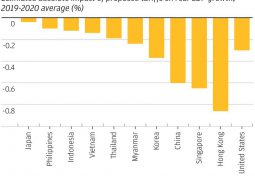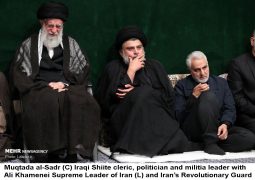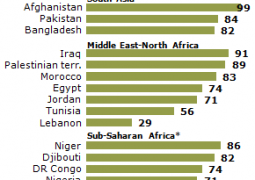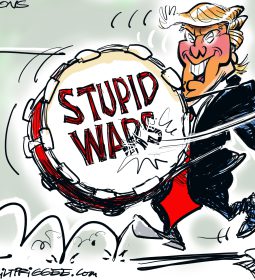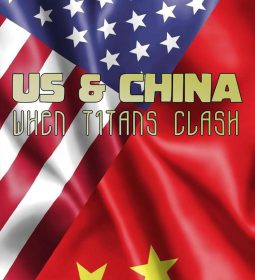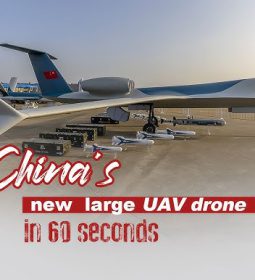Turkey to produce S-500s with Russia after S-400 deal
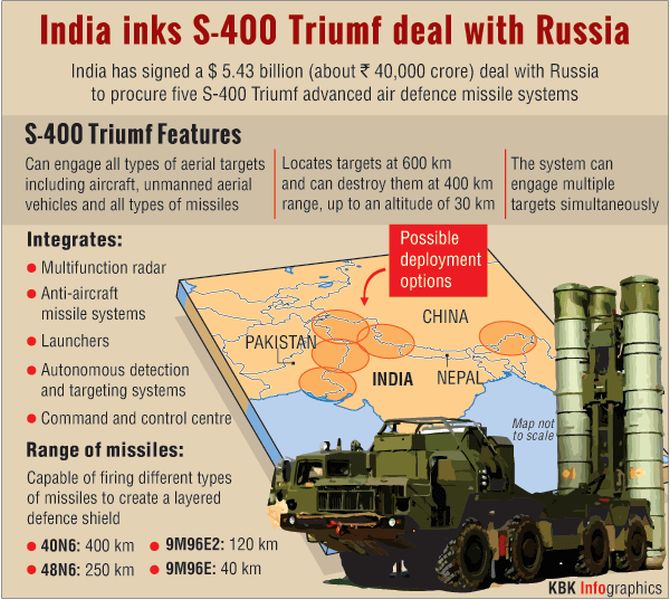
Erdogan: Turkey to produce S-500s with Russia after S-400 deal
Turkish leader says purchase of S-400 defence system is complete, adding Ankara will jointly produce S-500s with Moscow.

Turkish President Recep Tayyip Erdogan has said Turkey and Russia would jointly produce S-500 defence systems after Ankara’s controversial purchase of the S-400 missile defence system from Moscow.
Turkey’s push to buy the S-400s has further strained the already tense relations with the United States, which has repeatedly warned Ankara of the risks, including sanctions, if it goes ahead with the purchase.
“There is absolutely no question of [Turkey] taking a step back from the S-400 purchase. That is a done deal,” Erdogan said on Saturday in Istanbul.
“There will be joint production of the S-500 after the S-400,” Erdogan told an audience of young people in reply to a question.
Ties between Turkey and the US, both NATO allies, have frayed over multiple issues, including American support for Syrian Kurdish fighters viewed as “terrorists” by Ankara and the US failure to extradite a Muslim preacher blamed for the 2016 coup attempt against Erdogan.
Washington says the deal with Moscow is a threat to Western defence. In April, the US suspended the delivery of F-35 stealth fighter jets to Turkey in a bid to halt the purchase.
Turkish pilots are in the US receiving training on the F-35s, manufactured by Lockheed Martin. Ankara is expected to buy a total of 100 jets.
Erdogan said Turkey conducted technical studies amid US concerns over the compatibility of the S-400s and the F-35s but found there were no issues. He also insisted “sooner or later” Turkey would receive the F-35 jets.
Despite the threat of sanctions, Erdogan repeated that the S-400s were expected to be delivered in July.
“They [US] are passing the ball around in the midfield now, showing some reluctance. But sooner or later, we will receive the F-35s. [The US] not delivering them is not an option.” he said.
- Previous Modi-led coalition likely to win majority
- Next The Diplomat: US-China New Cold War: What is at stake?



